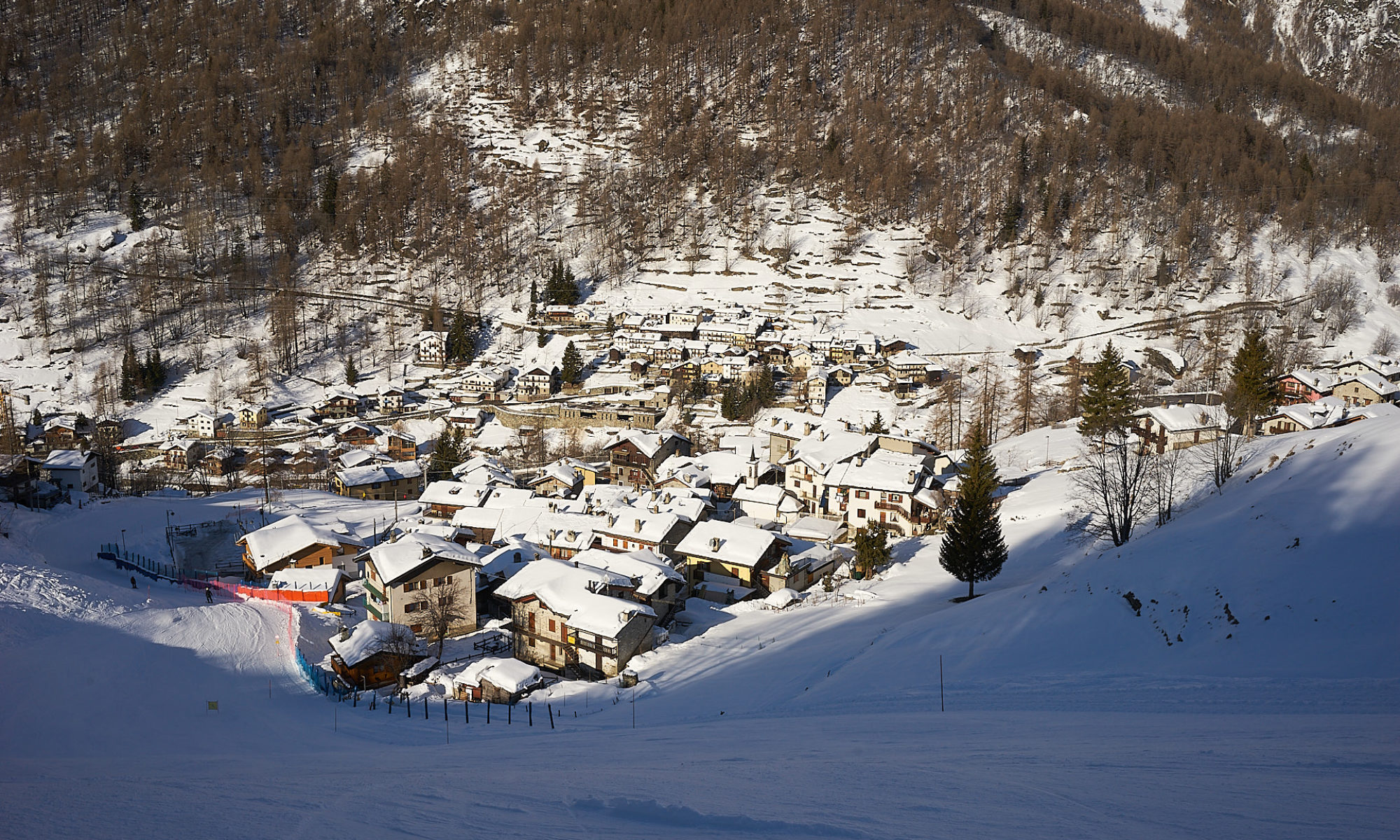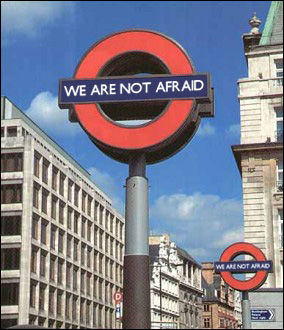Discussions are flaring up in the Netherlands with the remembrance of the fall and massacre at Srebrenica. Questions of guilt and responsibility are being asked again. The Dutch government holds the position that we were send out on a peace keeping missing and were not in a position, nor had the mandate, to do anything more that was done then.
There are groups in the Dutch society who think we should admit that we were to blame and take full responsibility for the fall and the massacre. I don’t belong to that group.
The international community decided at that time that a peace keeping missing was at it’s place. The Dutch troops were sent into a hostile environment with limited resource and limited mandate. I clearly remember the pictures and stories in the newspaper where a military spokesperson explained that they had removed the ‘heavy guns’ from the armoured vehicles because they were on a peace keeping mission and the ‘heavy guns’ would only provoke the local population. They were going to patrol the area and act as a buffer between the two fractions. As a result Dutch troops had to hand over there equipment at gunpoint, simply because they were ‘outgunned’.
Who is to blame? Well, if you want to blame somebody, you may blame the Dutch government. They were too eager to send in our boys to Bosnia, they should have known that the troops were not equipped to defend themselves, they should have known that there was no clear mandate and support. And, what became clear after the fall of Srebrenica, they should have known that we were being played by the US, France and UK who acted on their own agenda.
So, are we to blame for 8.000 people killed, I don’t think so, we all screwed up.

